Before my first meeting call with Jussa Kudherezera, the founder and Coordinator of the Manica Youth Assembly (MAYA), I was excited, but nervous. This was my first interview on behalf of the Global Climate Pledge, and it was certainly my first time patching a call to Mutare, Zimbabwe. I wanted to make sure I looked as professional as possible over video call, so I spent an excessively long time trying to find the perfect background. Settling on a spot next to a grand window, I nervously adjusted the camera angle and fussed around with the placement of a rather impressive potted fig tree in the background until I was sure everything was perfect.

As soon as the meeting started however, I realized that Jussa and his associate James Machiwenyika could have cared less about the positioning of my fig. They were not there to talk about potted trees—they were much more interested in the real thing.
“The mountains of Manicaland are losing their trees,” Jussa explained to me.
In Manicaland, the rural Zimbabwe province where Jussa was raised, high prices for electricity have driven a large number of rural peoples to turn to firewood to power their stoves and warm their homes. As a result, Zimbabwe loses over 815,000 acres of forest every year (Reuters).
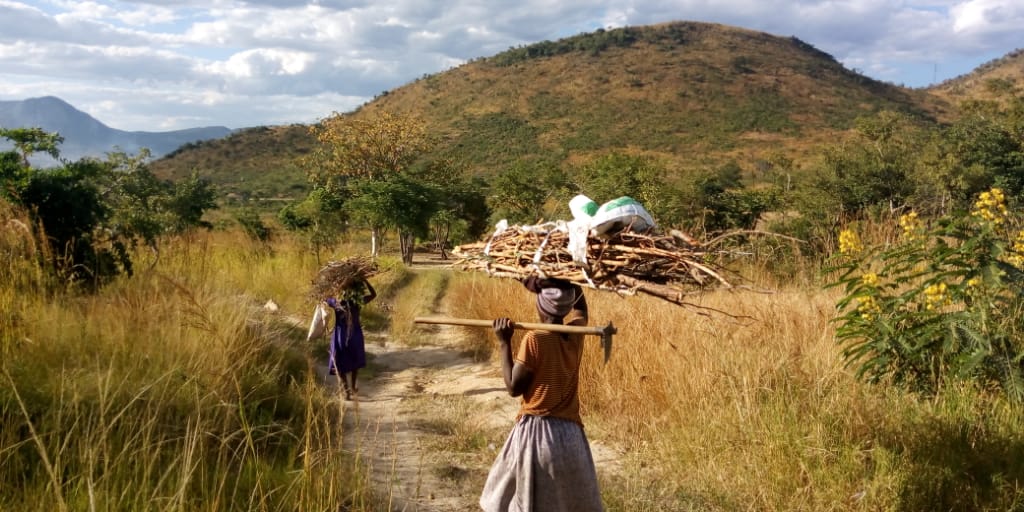
“Almost 80% of people here work in the informal sector,” Jussa reminded me, “All throughout my youth we were cutting down trees for firewood, but we didn’t realize how we were impacting our native landscape.”
A lack of local regulations have allowed for significant degradation of the natural environment. The loss of tree roots as stabilizers diminishes, riverbanks stability, allowing dirt to cloud the once clear drinking water supply. The loss of trees as a buffer, increases the negative effects of seasonal cyclones already exacerbated by climate change. The loss of trees as a carbon sink then exacerbates climate change in turn. It is a vicious cycle.
In addition, deforestation leads to a loss of biodiversity. In Manicaland, this is particularly devastating as these botanical paradises are the lifeline of some of the rarest butterflies in the region.
“I hope one day you will visit Zimbabwe,” Jussa encouraged me, “Then you can see Manicaland. It is a beautiful place.”
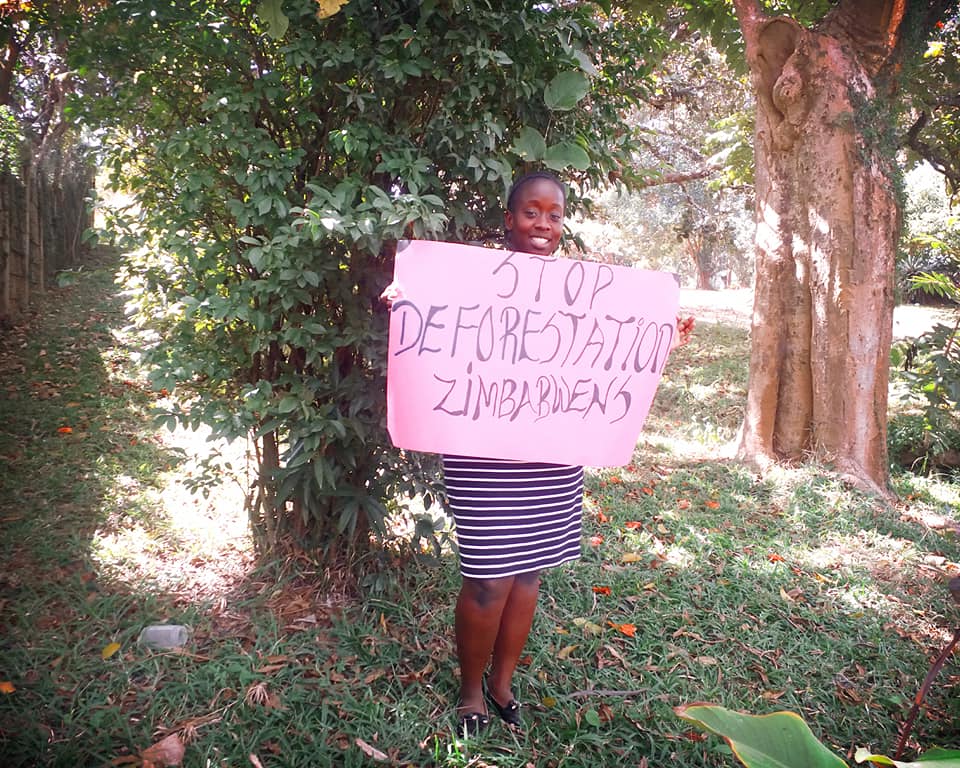
It is both this land’s beauty and its complexity which has made Jussa so passionate about protecting it. Not only are the mountains scenic, they define and support his community’s way of life. Jussa realized that if he wanted to protect the natural and the cultural history of the mountains he loved, he would have to act with urgency.
“That’s how MAYA came to us,” Jussa told me, “It was through what we were seeing. We realized we didn’t need to wait for the old guys to lead us. We can make change.”
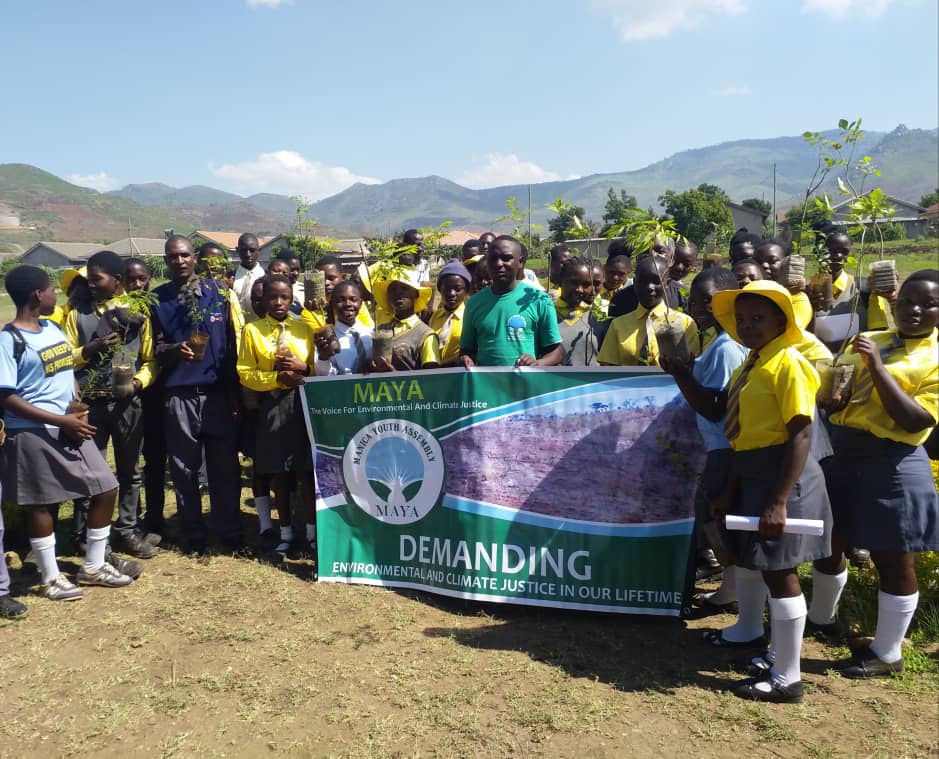
“We realized we didn’t need to wait for the old guys to lead us.
We can make change.”
Jussa Kudherezera, MAYA Founder and Coordinator
Starting with only five members, he founded MAYA, and hoped to be able to empower young people to take a stand on deforestation and other environmental climate issues. One important aspect of this empowerment was educating others on their right to a healthy natural environment (as protected in the Environmental Rights Clause added to the ZImbabwe Constitution), and the ways they can defend that right.
“As young people, it is our job to protect our environment,” Jussa urged, “We must save our mother nature, and defend against the wrong actions of the government and generations before us.” Often I have felt discouraged by the mistakes of the past. I was inspired by Jussa’s emphasis on our actions for the future.
“Now, new generations must understand the importance of our environment so that we can best defend it.”
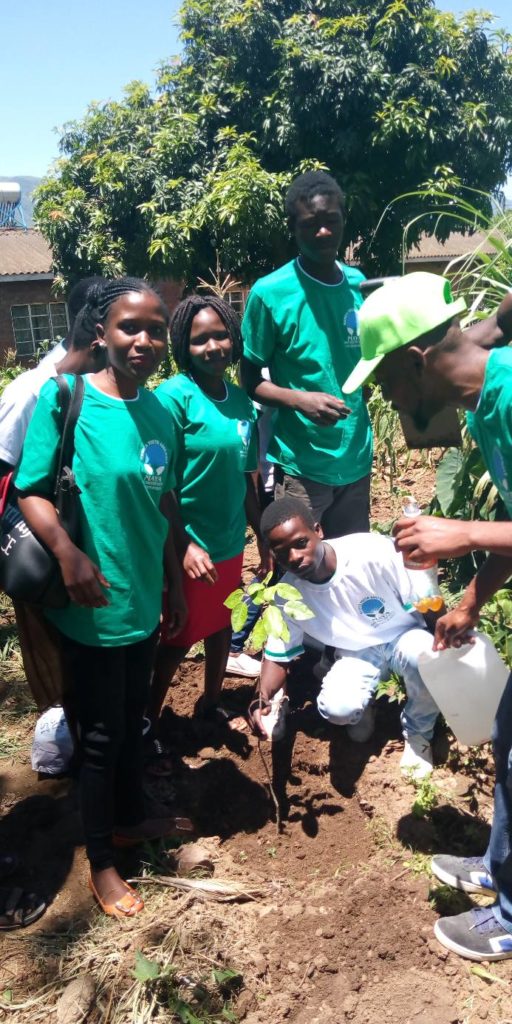
With this focus on youths in Zimbabwe, the Manica Youth Assembly has made it a priority to visit schools all over the country. There, they educate school children about protecting trees in their local forests, and emphasize that “trees save our lives and trees need to be protected”. Taking even more action, MAYA helps students to plant trees on their own campuses, where they can practice nurturing botanical life and develop habits of loving and caring for their environment which will last them into adulthood.
“I used to walk 8km just to get to school everyday. That’s something I can’t forget,” Jussa recalls. Now, as granted permission by the Minister of Education, Jussa travels even farther to schools all over the country.
It’s all worth it to Jussa, however, who is rewarded by the hope of those around him. When I asked him for his favorite memory of his time working with MAYA in the schools so far, Jussa told me, “At one school, a girl recited a poem on the benefits of planting trees and taking care of the environment. It was impromptu.”
“A lot of young people here are beginning to appreciate the environment and the work we are doing. Our members give us hope. They keep pushing for us to do more.”
“Our members give us hope. They keep pushing for us to do more.”
Jussa Kudherezera, MAYA Founder and Coordinator
Fortunately, it is not just the youths who have been receptive to MAYA’s message.
“The people are not resistant,” Jussa assured me, “Mostly, they just didn’t know about the problems we are facing. You just have to show them how it’s relevant to their life and explain it to them in a language they will most understand.”
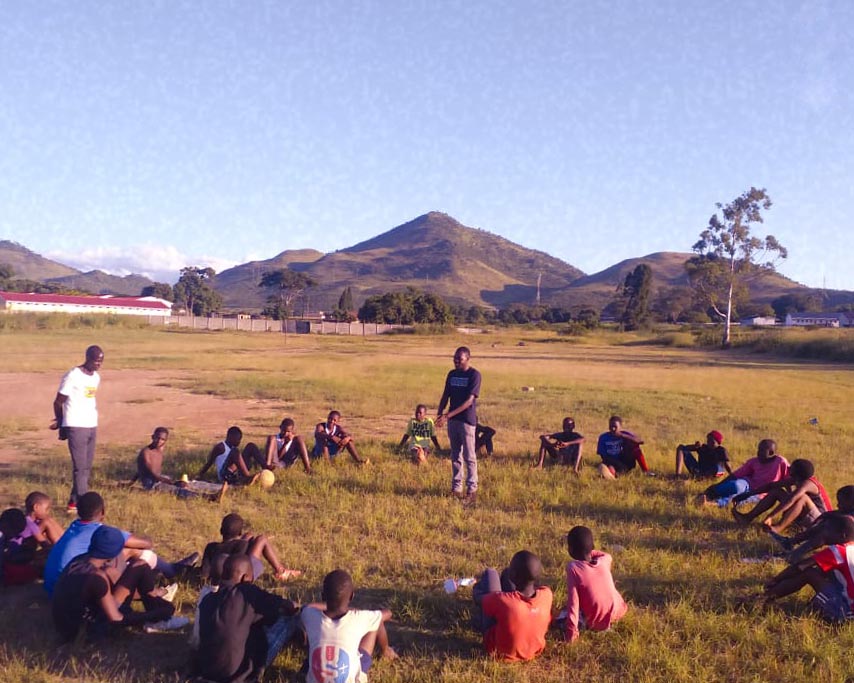
This reminded me of many of my own conversations about the environment with members of my family and community. I remembered my grandparents earnestly listening as I explained why the use of plastic water bottles is wasteful and harms the environment. I used the example of how my grandmother has always saved cookie tins to store her sewing materials so that she did not need to spend the money on a brand new container. Once my grandparents understood their impact and the role they were playing they were more willing to change their practices.
“The people here appreciate the work that we are doing,”Jussa assured me, “Even the government!”
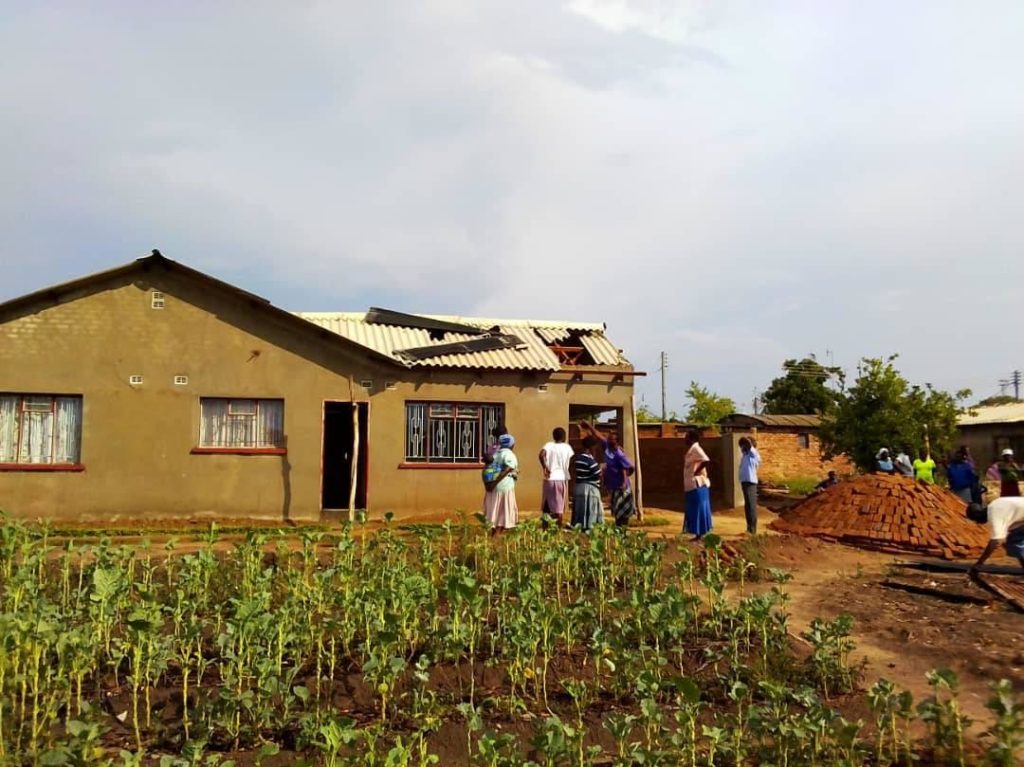
In addition to visiting schools, MAYA has become active in rural communities. In many of these areas, people lack education about global change, biodiversity, and climate. However, supportive of their message, the City of Mutare has granted them the power to protect and maintain the local Dangamvura Mountain. This is a very big deal for the Manica Youth Assembly going forward, because they will have the ability to work and live on the mountain, protecting its resources and using it as an educational model of sustainable resource management. This is the project they are most excited to begin. They know that by developing a model which can be adopted by other rural communities all over Zimbabwe (and all over the world) they can have a powerful impact on our planet. They will be the guardians of the mountain.
“We are still a young baby,” Jussa reminded me, “But with more resources we hope to begin this powerful project and spread our message!”
Looking towards the future, Jussa and James are hopeful. In partnering with the Global Climate Pledge, they are excited to inform others about what is happening in their home, and hope to contribute to raising the large global awareness about environmental health and climate change. After all, In the few years since they have started, they have already spread their message wide and have grown their numbers from five to five hundred.
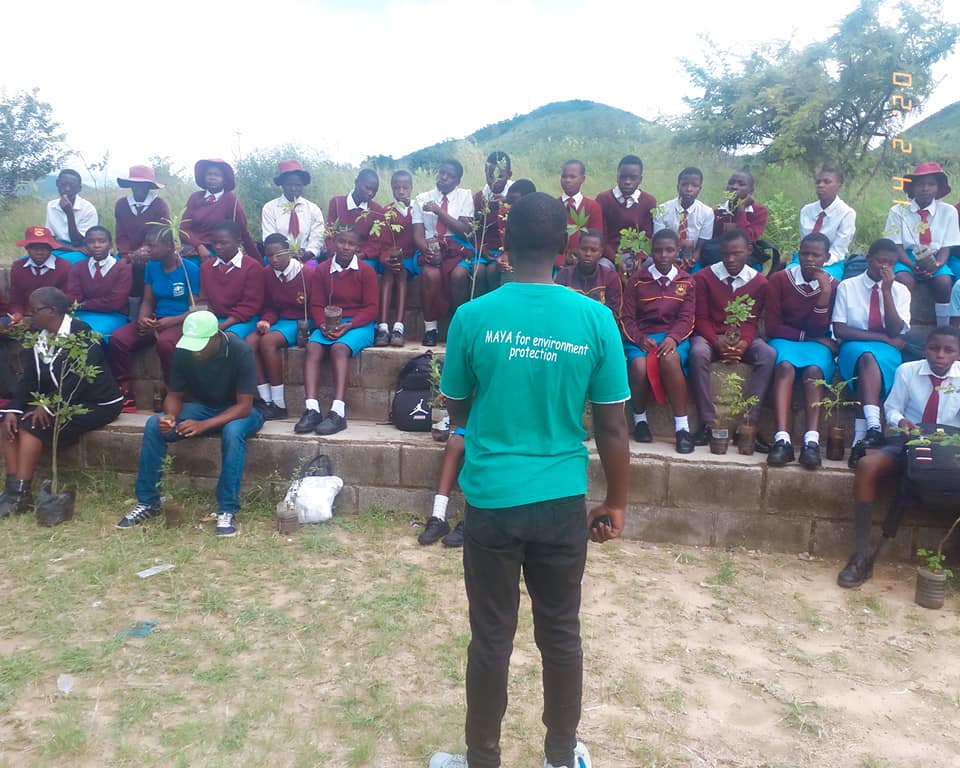
“The Global Climate Pledge is not just a movement for Zimbabwe. It’s an international one and we need to come together and fight together. We can not do it alone,” Jussa and James remind me.
“The Global Climate Pledge is not just a movement for Zimbabwe…We need to come together and fight together. We can not do it alone.”
Jussa Kudherezera, MAYA Founder and Coordinator
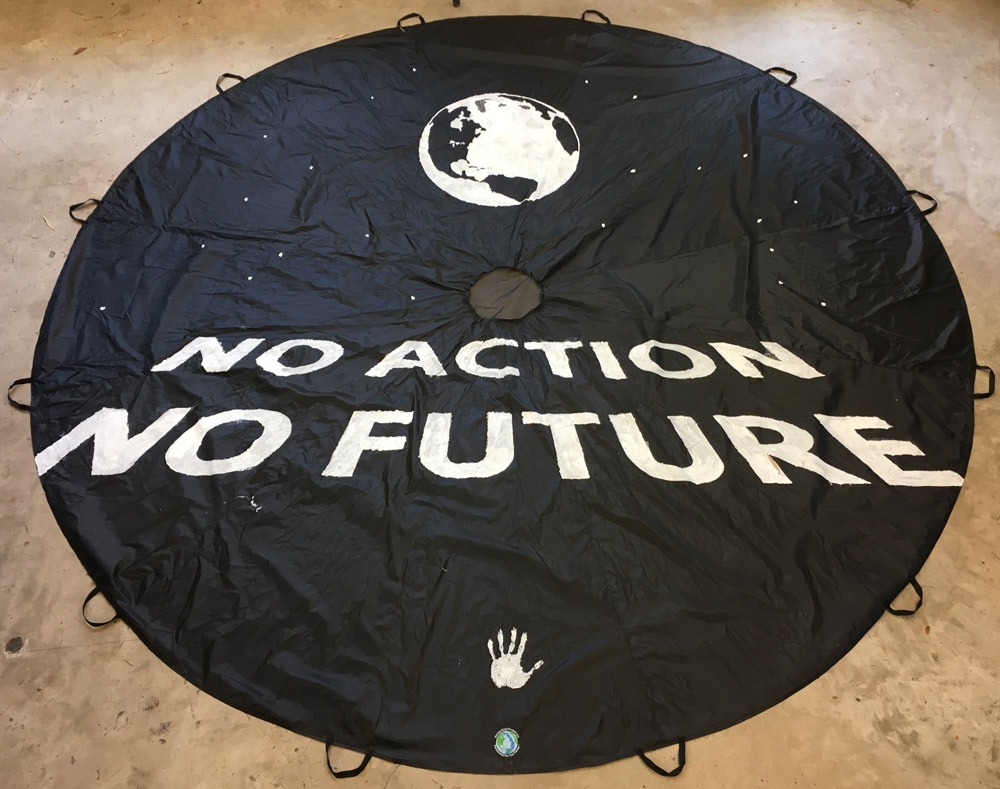
When Jussa spoke of working together, I was struck by the power of our shared passion. I had been nervous for my first Global Climate Pledge interview. However, although Jussa and I had incredibly different backgrounds, life experiences, and worldviews, we were easily able to connect over our common commitment to protecting our planet. We have laid a stable foundation upon which to foster an even deeper mutual understanding. Though advocating for the climate can sometimes be discouraging, I feel fortunate to be a part of a movement that will force me out of my comfort zone and allow me to unite with and learn from many new people from all over the world. Afterall, when I had woken up that morning, (bright and early to account for the time difference between Los Angeles and Mutare), I would have never had expected I’d end up with an invitation to visit Zimbabwe!
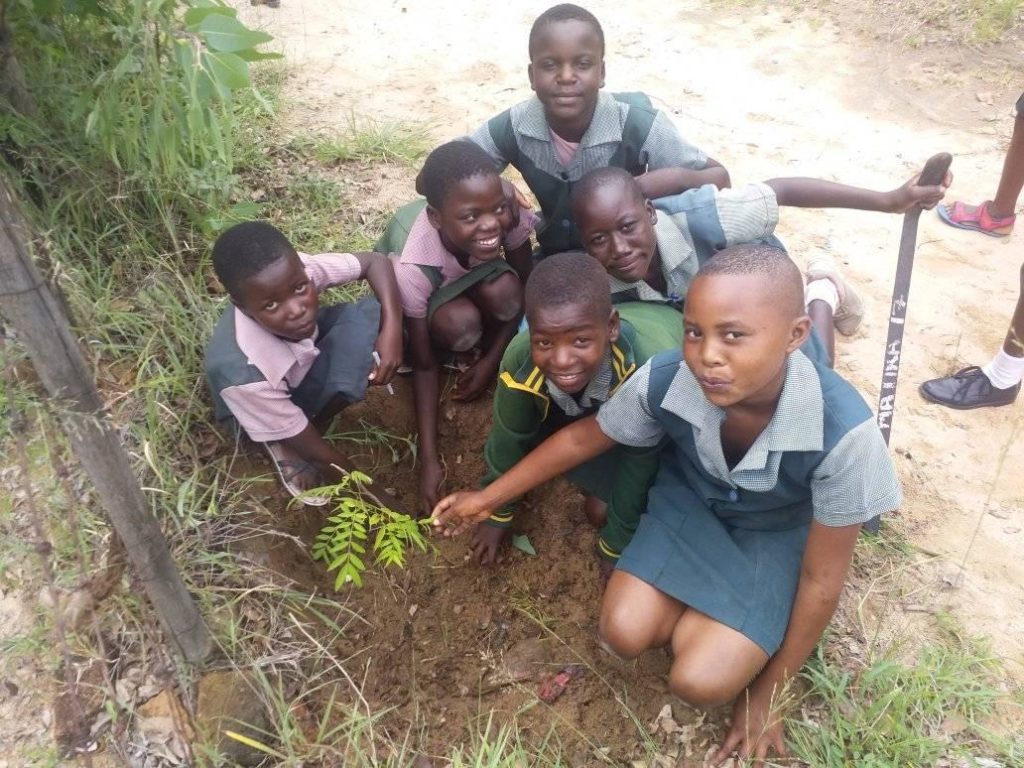
Jussa and James also imagine the future they hope to build with others. Jussa explains, “My hope for the future lies with my community of other young people. We are the hope. We are the future.”
Though it is not always easy, it is important that we continue to work towards a brighter future. Each of us have opportunities in our life to take action. MAYA members are taking theirs! As James put it:
“The love we have for a better future gives us the fuel and the energy to wake up every day and fight for a better environment. It is the love which drives us to keep us waking for a brighter future.”







